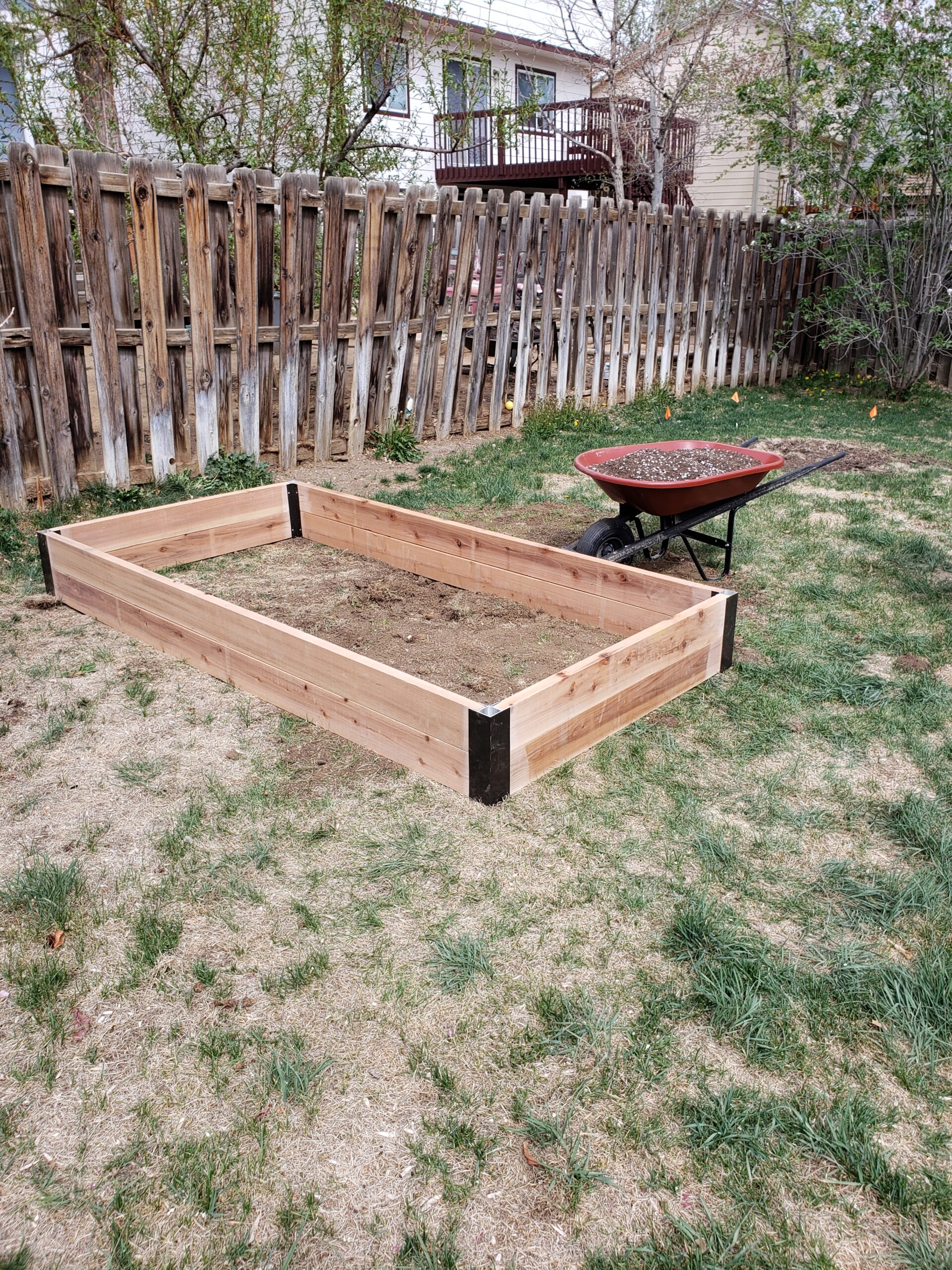The use of chromated copper arsenate (CCA) treated (green) lumber was previously reported as safe to humans and plants. However, some studies suggest that arsenic, over time, slowly leaches from CCA-treated wood products.
On February 12, 2002, EPA announced a voluntary decision by pesticide registrants to move consumer use of treated lumber products away from CCA pressure-treated wood, in favor of new alternative wood preservatives. EPA no longer allows CCA products to be used to treat wood intended for most residential settings.
According to EPA’s guidelines, CCA treated wood should not be used where routine contact with food or animal feed can occur. EPA does not believe there is any reason to remove or replace CCA-treated structures, including decks or playground equipment. EPA is not recommending that existing structures or surrounding soils be removed or replaced.
There is nothing that can be added to the soil to neutralize arsenic or convert it to something that is less toxic. Arsenic may be taken up by plants if the arsenic concentration in the soil is very high – greater than 100 ppm. Arsenic levels in soil that are affected by treated timbers usually range from 10 to 20 ppm arsenic.
It is rare to find vegetables contaminated with arsenic in beds surrounded by treated wood, since the arsenic is confined to the area occupied by the wood itself. If the wood is removed, then the soil where it came into contact should be covered with topsoil or removed.
Copper treated wood is a better alternative to CCA treated wood since copper is not nearly as toxic as arsenic. However it should be handled with gloves and a dust mask should be used when cutting it. This treatment can be a concern if this lumber is sawed or sanded and dust is inhaled.
Another lumber choice for gardening applications today is naturally rot-resistant wood such as redwood or cedar. These are a good choice for gardens where food plants (vegetable, fruits) are grown.

For more information, see the following Colorado State University Extension fact sheet(s).


